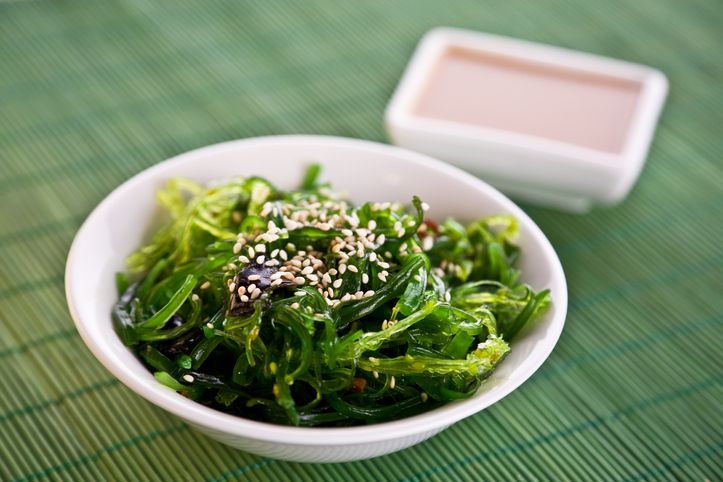Jakarta –
Many Japanese people live long lives in good health and fitness. It turns out the secret is in consuming these 8 healthy foods every day.
To CNBC (21/7/2024), Michiko Tomioka, who is a woman from Japan, revealed her personal experience growing up in Nara, Japan, then moving to the United States as an adult. Tomioka felt a difference in his health condition due to the food he consumed.
While in America, Tomioka consumed a lot of fast food and processed food. As a result, his health declined. He, who works as a nutritionist, focuses on disseminating information about healthy eating patterns and long life like Japanese people.
ADVERTISEMENT
SCROLL TO CONTINUE WITH CONTENT
Tomioka was inspired by old people (seniors) in Japan who lived long and happy lives. They consume these 8 foods daily:
1. Matcha
Tomioka’s 99-year-old aunt drinks matcha every morning. Tomioka also followed this habit. He revealed that matcha is rich in antioxidants that prevent disease, high in vitamins, fiber and protein.
Interestingly, matcha is a sacred drink for Japanese people. They enjoy it in special ways, such as while meditating. Matcha is mixed in a bowl with a bamboo stirrer (chasen).
2. Fermented foods
Many food ingredients in Japan are prepared using fermentation techniques, such as miso, natto, and nukazake, namely pickled vegetables. Many local and seasonal Japanese vegetables are also prepared using fermentation techniques. Tomioka then likes to eat it with ginger.
Fermented foods are high in probiotics which help improve digestion and reduce the risk of various diseases. As a result, you can get a long life through regular consumption of fermented foods.
3. Seaweed
 Photo: iStock Photo: iStock |
Seaweed is easy to find in Japan, called kaiso which is found in many dishes and snacks. Tomioka likes to include seaweed in every main meal.
Behind its crunchy texture and delicious umami taste, seaweed has great health benefits. Seaweed is low in calories, high in fiber, and contains a variety of important vitamins and minerals, including iron, vitamin B12, and omega 3 fatty acids.
4. Nuts
Japanese people also consume a lot of nuts, one of which is edamame and soybeans which are high in fiber, B vitamins, potassium and polyphenols such as isoflavones.
Tomioka personally also likes azuki, aka red beans. Consuming this type of nut helps prevent inflammation which triggers many diseases. Red beans taste delicious, have a soft texture, and are easy to process into various dishes. For example, red bean soup to red bean ice cream.
More details on the next page.






